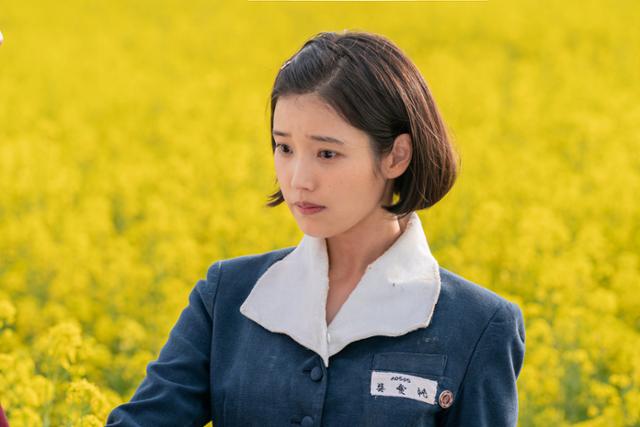
Oh Ae-sun, played by IU, from "When Life Gives You Tangerines" / Courtesy of Netflix
Netflix's Korean drama "When Life Gives You Tangerines" has captured audiences around the world, topping the streaming platform's global non-English TV chart. The series, originally titled "Pokssak Sogatsuda" in Korean — a Jeju dialect expression meaning "you worked so hard" — ranked No. 1 on Netflix's global Top 10 for non-English series from its release on March 7 until Thursday, before the airing of its fourth episode. It also landed in the top 10 rankings in 42 countries, including Brazil, Colombia, Vietnam and Turkey.
Viewers across the world are showering the drama with praise. On platforms like YouTube and Instagram, comments include, "I don't know how they fit three generations of stories into such a short drama," "The writer is amazing" and "This is the most impressive Korean content on Netflix." On Netflix's official YouTube channel, the series is described as "heartwarming" and a "masterpiece."
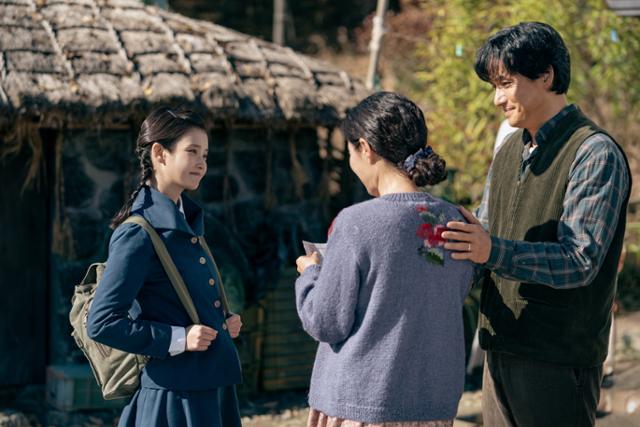
A scene from "When Life Gives You Tangerines" / Courtesy of Netflix
Set in Jeju from the 1960s onwards, the series tells the story of three generations of women, with a focus on the life of Oh Ae-sun (played by singer IU), a smart yet impoverished woman who faces gender-based discrimination. Scenes such as tossing red beans to ward off evil spirits or saluting the flag when the national anthem plays on the street reflect uniquely Korean customs that may be difficult for international viewers to relate to. On top of that, Jeju's dialect adds a linguistic barrier.
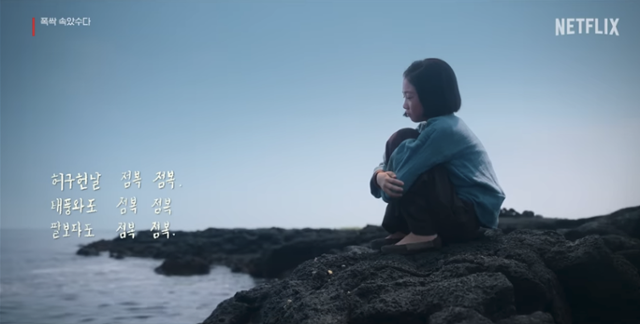
A poem written by young Ae-sun in "When Life Gives You Tangerines" / Courtesy of Netflix
Netflix tackled these challenges head-on, beginning with the show's title. Since the original Jeju expression is unfamiliar to foreign audiences, regional proverbs and idioms were used instead to better convey the show's essence. In English-speaking countries, the drama was renamed "When Life Gives You Tangerines," a nod to the popular American phrase "When life gives you lemons, make lemonade." However, to better reflect Korean culture, the word "lemons" was replaced with "tangerines," one of Jeju's famous exports.
"‘You worked hard' isn't a common phrase in English, so there was no perfect translation," a Netflix representative said. "Instead, we focused on conveying the idea of surviving and enduring hardships."
The Thai title translates to "Smile even on days when tangerines aren't sweet," while the Taiwanese version plays on the Chinese idiom "after bitterness comes sweetness," replacing the character for "sweet" with a homonym meaning tangerine. "We aimed to localize the titles to better resonate with each audience's language and cultural background," the Netflix official added.
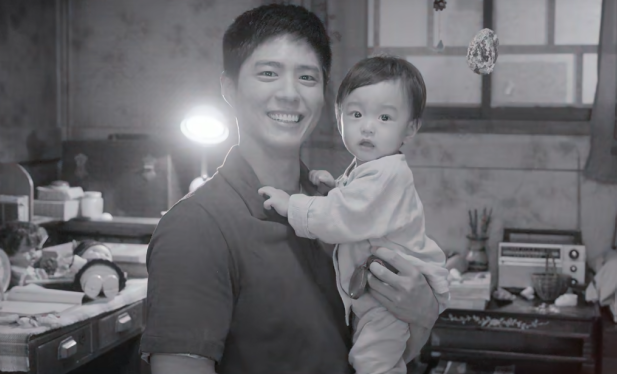
Gwan-sik (Park Bo-gum) smiling while holding their first daughter / Courtesy of Netflix
Showrunners also paid particular attention to the translation of dialogue and poetry. A recurring children's poem written by young Ae-sun, called "Gaejeombok," retains its rhyming structure in English. The lines "Abalone every day / Abalone when it's stormy and gray / Abalone over her daughter I'd say" use rhyme endings like "-ay" to mirror the original Korean's rhythm. Another stanza — "Your daughter worries, starts to fret / Catching no abalones makes Mom sweat" — uses "-et" endings to echo the poem's original cadence.
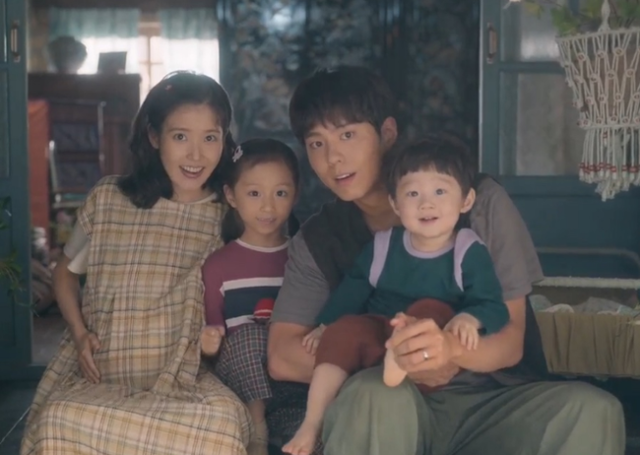
Ae-sun (IU) and Gwan-sik (Park Bo-gum) with their children / Courtesy of Netflix
What resonated most with global viewers, however, is the show's universal themes: the bond between parents and children, the meaning of family and enduring love. The series portrays deep sacrifices made by parents to prevent their children from inheriting hardship, and the emotional growth of children who come to understand their parents. Comments on international social media include, "My mom's words, ‘If you live, life will work out,' made me cry," "I thought of my dad and cried for a long time" and "A life without love is meaningless."
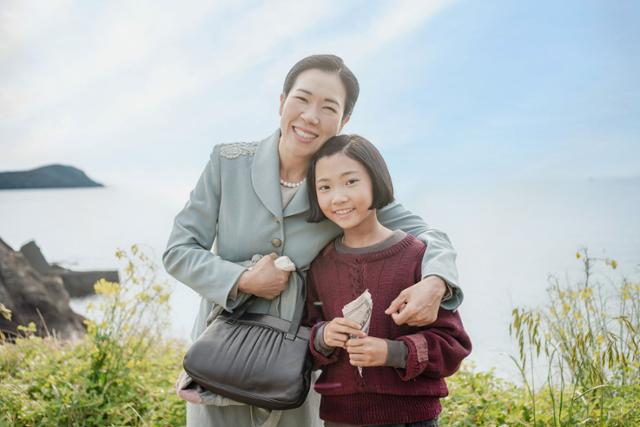
Mom (Yeom Hye-ran) and daughter Ae-sun / Courtesy of Netflix
Yoon Seok-jin, a professor at Chungnam National University, said the drama delivers a family narrative that resonates regardless of nationality. "Its portrayal of mother-daughter relationships across generations especially struck a chord with younger viewers," he said. He also noted that Ae-sun's independent spirit, even amid numerous hardships, received strong global support.
Yoo Seung-chul, a professor at Ewha Womans University, praised the show's balance of regional detail and universal emotion. "Even Korean-specific elements can transcend borders when delivered with sincerity," he said.
Cultural critic Kim Heon-sik added, "By adapting the title and dialogue to match local sensibilities and cultures, the show overcame cultural barriers. It serves as a great model for future Korean content."

A poster for "When Life Gives You Tangerines" / Courtesy of Netflix
This article from the Hankook Ilbo, the sister publication of The Korea Times, is translated by a generative AI system and edited by The Korea Times.
 Subscribe
Subscribe E-Paper
E-Paper